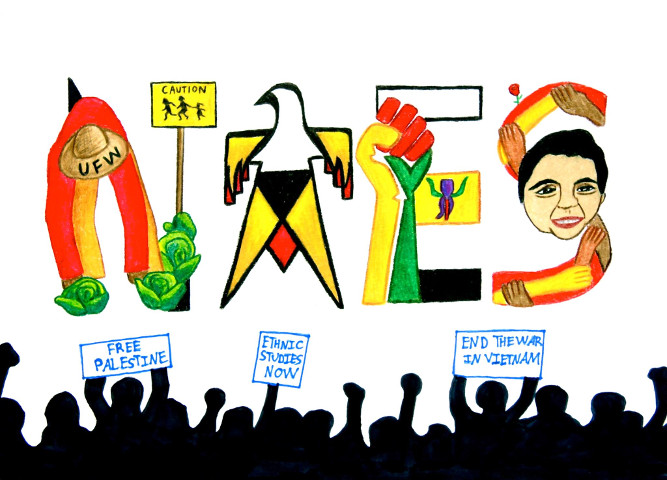Explorations in Ethnic Studies

Orginal Publication Date
1980
Journal Title
Explorations in Ethnic Studies
Volume
3
Issue
ees/vol3/iss1
First Page
13
Last Page
18
Abstract
The development of the Black community in America witnessed the Black Church exercising the unique function of assisting Blacks to gain a measure of economic strength. The opinion is ventured by Fordham that one of the most powerful and influential institutions to evolve within the Black community in the post-Civil War era was the Black Church. It was more than a religious institution: it was social, political, and economic institution all in one. Its early mutual aid societies cared for the sick, aged, and disabled; buried the dead of indigent families; provided financial support for widows and orphans; made loans; and provided many related community services. In two of his earlier works, DuBois held this same view that the Black Church was more than a religious institution. Defining the major functions of the church within the context of the Black community, he included the roles of setting moral standards, promoting education, working for social uplift of the race, building collective economic power, and providing opportunities for social interaction and recreation.
Rights
Copyright, ©EES, The National Association for Ethnic Studies, 1980


